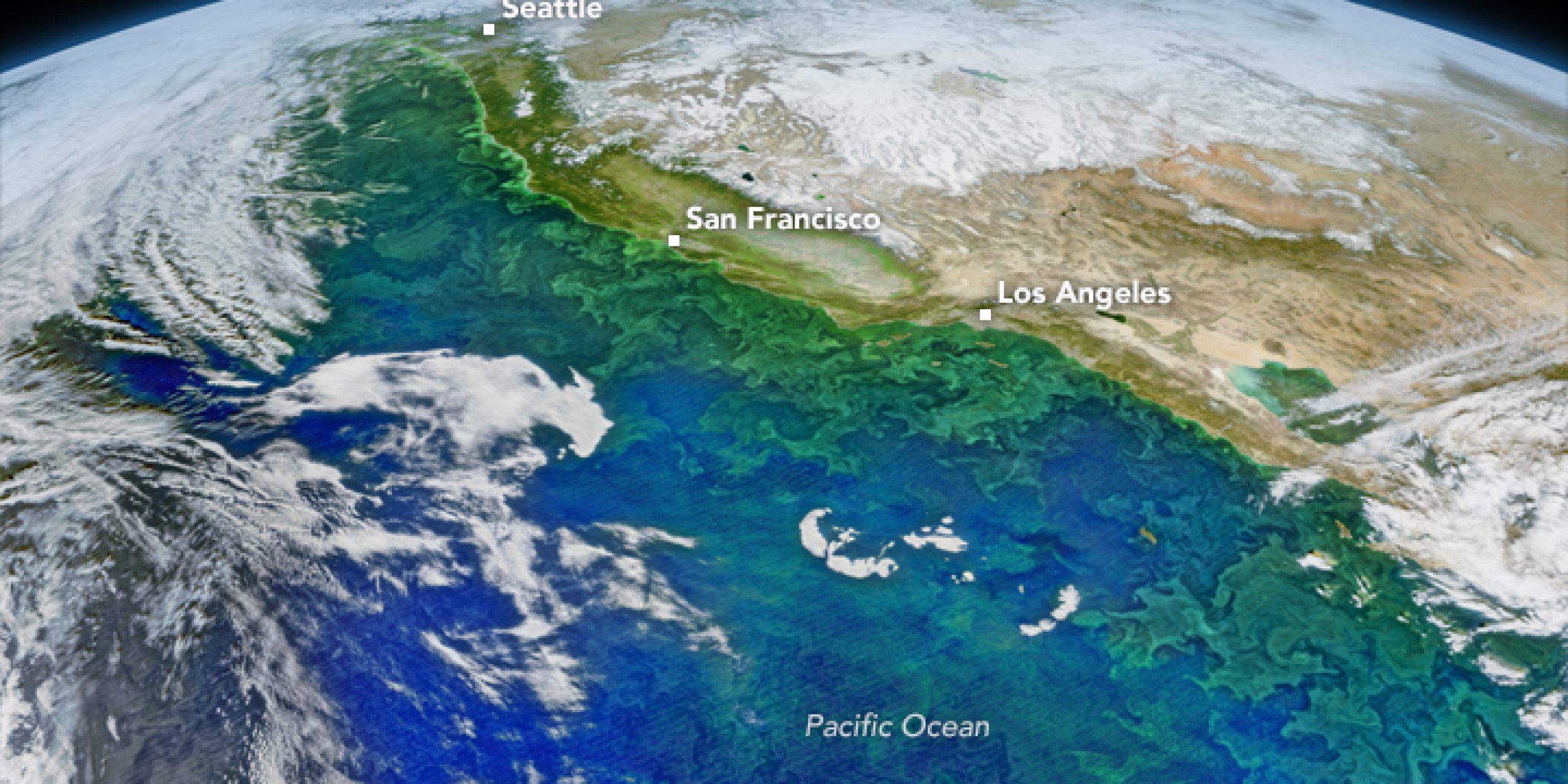Scientists investigate physical and chemical changes in the California Current System (CCS) in a new study published in Geophysical Research Letters. The CCS is one of the world’s most productive ocean regions, indicating that it can support abundant ocean life and is crucial for fisheries and marine biodiversity. Understanding its future under climate change is imperative. Aiming to decipher how different factors will influence the CCS’s productivity, researchers created projections focused on key drivers like wind, currents, ocean layers, and nutrients. Historically, much research has concentrated on upwelling strength—the process by which deep, nutrient-rich water rises to the surface. However, findings from this new study challenge this focus. The models consistently showed that the primary driver of productivity changes will be the nitrate concentration in subsurface waters, rather than upwelling strength.
This discovery is pivotal. It suggests that more attention should be given to understanding subsurface nutrient dynamics, which could lead to better predictions and strategies for managing marine resources. The research team hopes to refine climate models and improve our ability to mitigate the impacts of climate change on marine ecosystems. Among the authors of this study are Mercedes Pozo Buil of NOAA’s Southwest Fisheries Science Center and Ryan R. Rykaczewski of NOAA’s Pacific Islands Fisheries Science Center, who pursued this work with the support of a grant from the Climate Program Office’s Modeling, Analysis, Predictions, and Projections (MAPP) program. This study contributes to a growing body of research supporting a 2020 MAPP initiative to improve the modeling of how climate impacts the predictability of fisheries and other living marine resources across timescales.
For more information, contact Clara Deck.
Image credit: NASA



